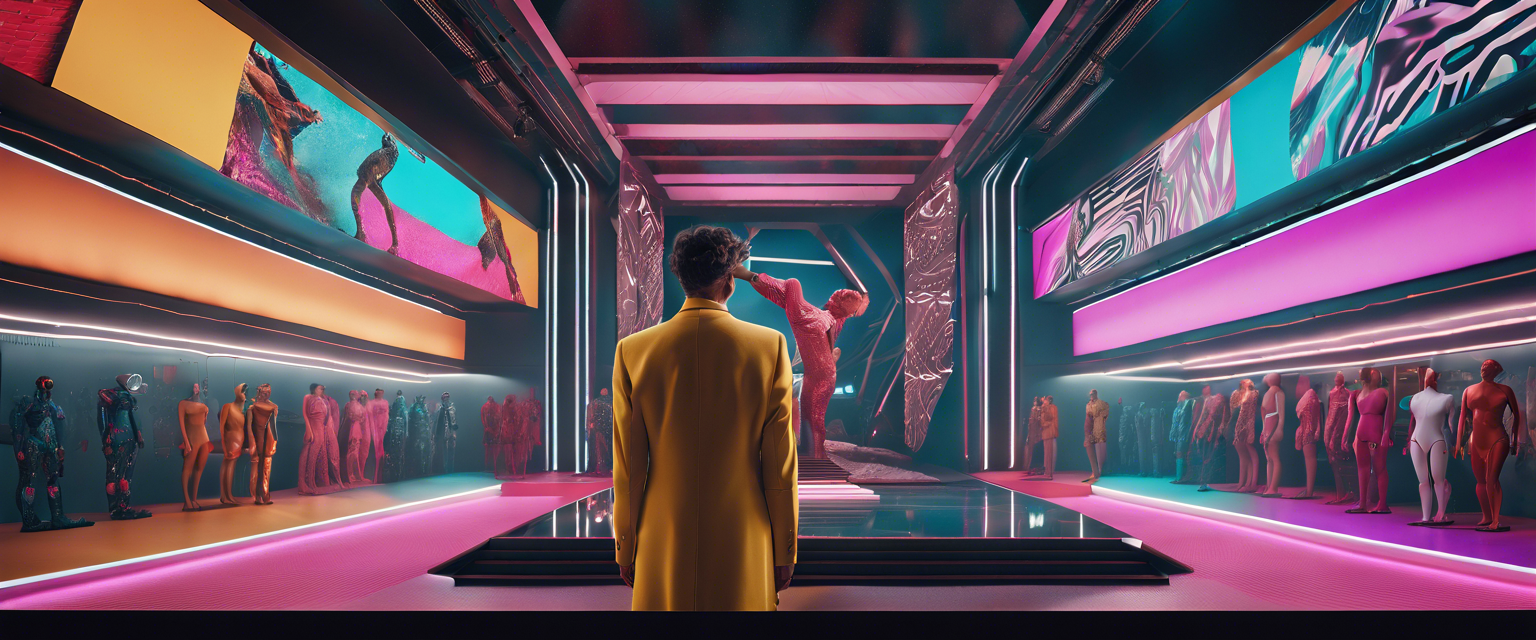The Recent Copyright Controversy Involving Splice
In recent weeks, Splice, a well-known platform in the music licensing industry, found itself entangled in a significant controversy after issuing a copyright strike against music attorney Krystle Delgado. This incident sparked discussions around copyright law and its implications on free speech in the digital space.
Background of the Incident
Krystle Delgado, who is recognized for her expertise in music law, presented one of Splice's sample licenses in her YouTube content. This led to Splice, citing copyright infringement, placing a strike against her channel. The action raised eyebrows within the creator community, as it seemed to suppress a discussion pivotal to understanding the nuances of music licensing.
Splice's Response and Retraction
In a turn of events, Splice's CEO, Kakul Srivastava, expressed regret over the initial decision, stating that the company fundamentally supports the rights of creators to express themselves. In her email correspondence with Delgado, Srivastava emphasized that even amidst disagreements, it is vital to uphold creative expression.
Delgado confirmed that the copyright strike was retracted by YouTube, although she expressed a desire to have had a direct conversation with Srivastava before the situation escalated. This reflects the tense atmosphere often surrounding copyright discussions and the urgent need for clear communication between companies and content creators.
The Role of Copyright Law in Free Speech
Copyright law serves as a crucial mechanism for regulating content on the internet. It aims to protect the rights of creators but can also inadvertently stifle free speech. In this context, using copyright as a means to silence criticism or restrict expression is a complex issue that often leads to backlash against the companies involved.
Conclusion: The Importance of Open Dialogue
This incident underscores the importance of open dialogue between companies like Splice and their user communities. Moving forward, it is essential for platforms to foster an environment where constructive criticism and discourse can thrive without the fear of punitive actions. Such practices not only enhance transparency but also strengthen the trust between businesses and creators.
In the landscape of digital communication, understanding the balance between copyright enforcement and the right to free speech is more important than ever. As the online environment evolves, so too must our approach to managing these delicate issues.



Dejar un comentario
Todos los comentarios se revisan antes de su publicación.
Este sitio está protegido por hCaptcha y se aplican la Política de privacidad de hCaptcha y los Términos del servicio.